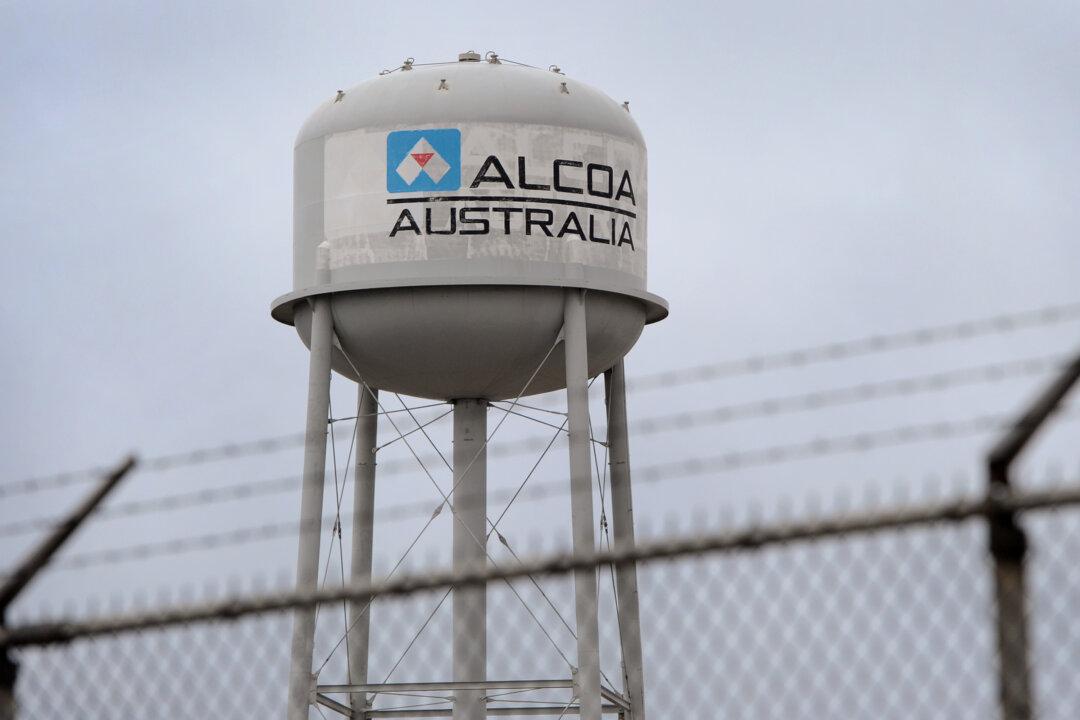The mineral sector in Western Australia (WA) has suffered a blow as alumina giant Alcoa announced a plan to shut down a major refinery in Kwinana, axing up to 1,000 jobs and leaving the local community’s future in doubt.
On Jan. 9, Alcoa revealed that the U.S.-based company would curtail production at a 60-year-old refinery in phases before closing it in 2025.





